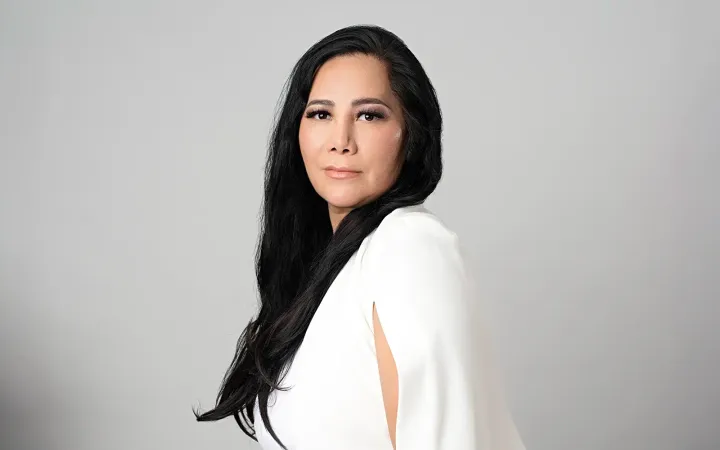Por Lourdes Encinas
En el panorama político actual, una tendencia desafía los esquemas tradicionales de poder y género: el ascenso de líderes femeninas en movimientos de extrema derecha, especialmente en Europa.
Figuras como Giorgia Meloni en Italia, Marine Le Pen en Francia y Alice Weidel en Alemania son los nuevos rostros de corrientes políticas históricamente dominadas por hombres. Paradójicamente, estos movimientos defienden valores patriarcales y conservadores, relegando a la mujer al rol de madre y esposa.
Sin embargo, su liderazgo no es sólo una cuestión simbólica. Con ellas al frente, sus partidos han crecido exponencialmente, posicionándose entre en las principales fuerzas políticas en Francia y Alemania, y alcanzando el poder en Italia.
El ascenso de estas mujeres plantea una aparente contradicción. Por un lado, se presentan como símbolos de empoderamiento femenino, desafiando estructuras dominadas por hombres y rompiendo techos de cristal. Por otro, promueven valores tradicionales, una identidad nacional rígida y políticas migratorias restrictivas.
Meloni, primera ministra de Italia y líder de Hermanos de Italia ha capitalizado su imagen de madre soltera trabajadora, presentándose como católica, defensora de la familia tradicional y opositora férrea de la inmigración. Aunque rechaza vínculos con el fascismo, ha retomado el lema usado por Mussolini: "Dios, patria, familia".
En Francia, Marine Le Pen ha suavizado la imagen extremista del Frente Nacional, heredado de su padre, y lo renombró Reagrupación Nacional, presentándolo como una opción política respetable. Sin embargo, su discurso sigue siendo marcadamente nacionalista y antiinmigración.
Alice Weidel, en Alemania, es quizás el caso más paradójico. Como líder de Alternativa para Alemania (AfD), defiende posturas ultraconservadoras a pesar de ser una mujer homosexual en una relación con una inmigrante, con quien ha adoptado dos hijos. Su vida personal contradice directamente la ideología tradicionalista de su movimiento.
La pregunta es inevitable: ¿cómo reconcilian su condición de mujer con ideologías que limitan el papel femenino en la sociedad?
Parte de la respuesta está en la estrategia política. Su imagen femenina suaviza la percepción pública de partidos con pasados problemáticos. Liderazgos como los suyos proyectan modernidad y ayudan a desmarcarse de los estereotipos agresivos asociados al fascismo histórico.
El historiador italiano Enzo Traverso usa el término posfascismo para describir los actuales movimientos ultraderechistas, que comparten la matriz antifeminista, xenófoba y homofóbica del viejo fascismo, pero adaptan su discurso a la era moderna para ampliar su atractivo electoral.
Por su parte, la académica británica Sara R. Farris acuñó el término feminacionalismo para describir la estrategia de organizaciones nacionalistas, que se escudan detrás de algunos de los postulados del movimiento feminista para esconder su misoginia y sus posiciones xenófobas.
Meloni, Le Pen y Weidel desafían los roles de género tradicionales, pero su ascenso no representa una victoria feminista. Más bien, es una demostración de cómo su condición de género ha sido instrumentalizada para ampliar el alcance de la ultraderecha y conectar con un electorado diverso.
Suscríbete para leer la columna completa…




